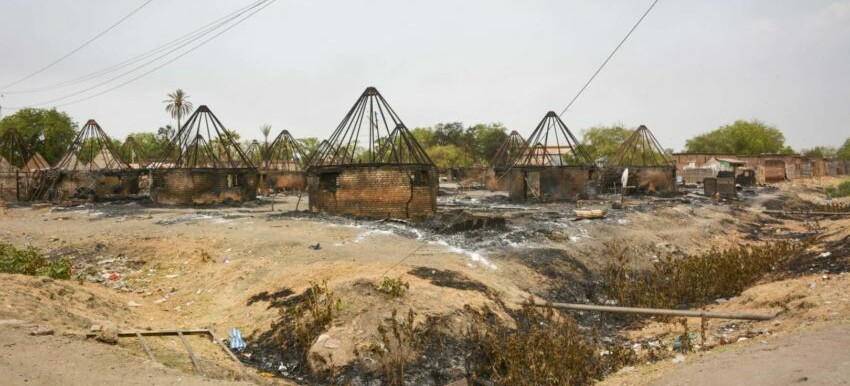In 2013, just two years after the South succeeded as an independent state from the rest of Sudan, the world’s newest nation was plunged into a civil war. What started as protracted disputes within the Sudan People’s Liberation Movement (SPLM), the largest political party in South Sudan slowly but surely burst into an all-out civil war. The war run almost throughout the entire first decade of our country’s statehood.
War crimes were committed. According to reports, at least 400,000 people were killed, and millions displaced either as refugees or IDPs (Internally Displaced Persons). Other crimes, viz., rapes, looting, and vandalism were also committed during the wars in 2013 and 2016 respectively. Both President Salva Kiir and his deputy (FVP) Riek Machar, the leader of then rebel SPLM-IO, admitted that war atrocities were committed in several of their public remarks, and recommitted to establishing a Hybrid Court for South Sudan (HCSS) in a shaky 2018 peace deal (the Revitalized Agreement on the Resolution of the Conflict in the Republic of South Sudan or RARCSS).
For the South Sudanese longing for justice, an independent judicial institution, along with reparation and healing mechanisms stipulated for in this RARCSS, is also necessary to heal from internal wounds inflicted by the civil war. But four years on, have the parties delivered on the said?
War atrocities shouldn’t be let off the hook
On Monday, March 28, 2022, addressing a press conference in the national capital, Juba, President Kiir while citing a need for transparency into events in the run-up to the 2013/16 war, directed the country’s National Security Services (NSS) to make public the intelligence collected during the latter.
The head of state went on announcing a pardon for those the intelligence alleged to have had an involvement, saying: “…those who will be implicated by the declassified information that is going to be released are guaranteed the presidential pardon. So, there is no cause for alarm over this.”
Given the timing, will the release Pushing The Reset Button For South Sudan pave ways for reconciliation and healing? Well, the answer is certainly no!
Chapter V of the RARCSS provides for the establishment of transitional justice, accountability, reconciliation and healing institutions tasked with facilitating truth, justice, reconciliation and healing for crimes committed in South Sudan during the period (2013-18). By this time, those mechanisms should have been operational. The government RTGoNU as per the RARCSS is supposed to fully support and facilitate the operations of these mechanisms.
To date; however, RARCSS Chapter V remains largely untapped with only a few months left for the elections as the end of the transitional period approaches. The incumbent ITGoNU and the oppositions including SPLM-IO have reduced the RARCSS deal to power-sharing. Now, they, the parties resorted to blaming themselves for reneging on the deal. Note:
- There is a political will to only and only selectively implement the 2018 deal. It is likely no justice will be delivered as both parties will try getting themselves off the hook.
- The RARCSS is not complicated. The RTGoNU political leaders are complicated. The Agreement is meant to be implemented not only to the letter but also its full spirit.
- The South Sudanese need Commission for Truth Reconciliation and Healing, Hybrid Court for South Sudan, and a Compensation and Reparation Authority. Establish these institutions if the RARCSS were meant for the South Sudanese.
- The parties should be pressured to recommit to the 2018 RARCSS.
The author, Manas James Okony, is a journalist and can be reached via manasjamesokony@gmail.com
The views expressed in ‘opinion’ articles published by Radio Tamazuj are solely those of the writer. The veracity of any claims made is the responsibility of the author, not Radio Tamazuj.




